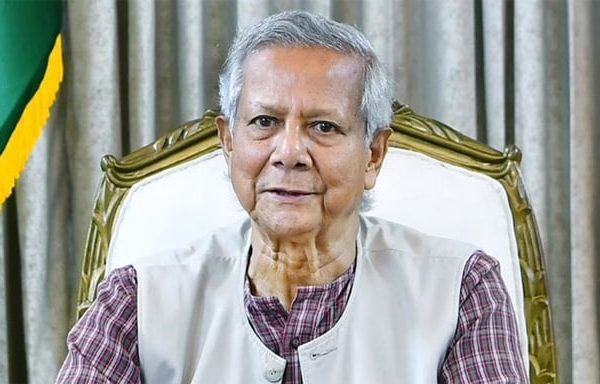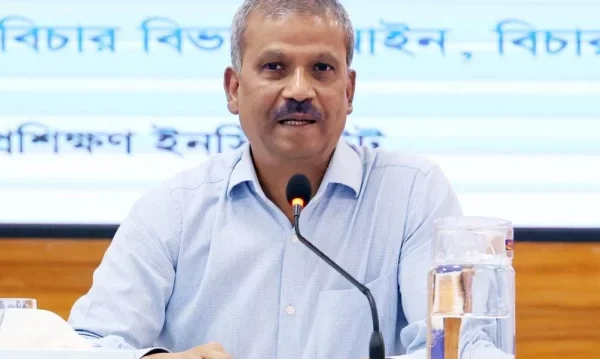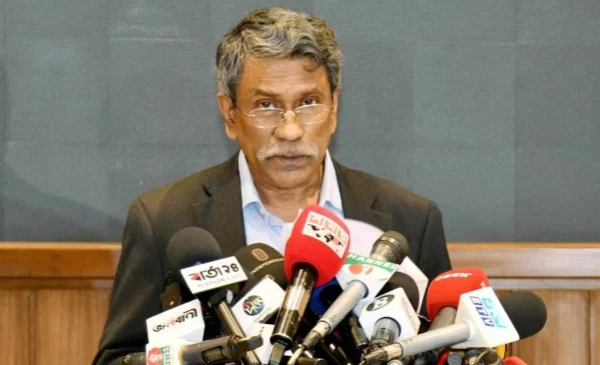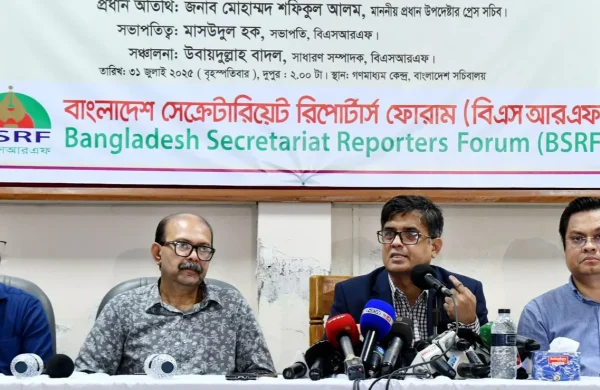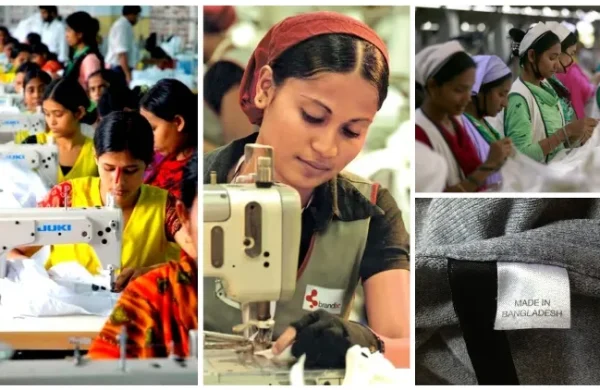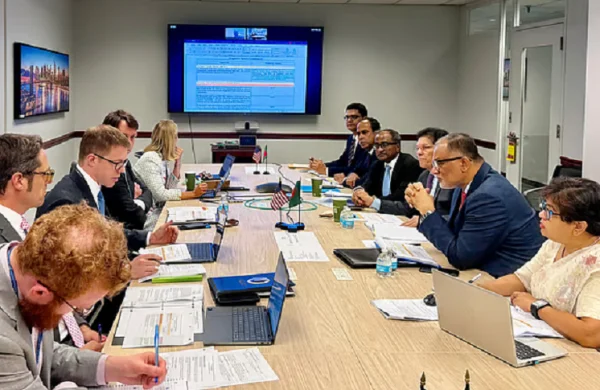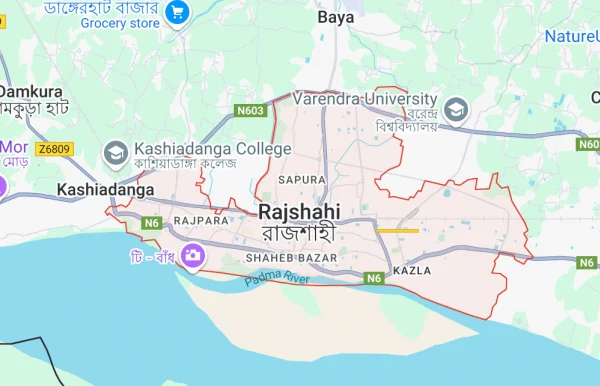1 in 4 Bangladeshis live in multidimensional poverty: Report
- Update Time : Thursday, July 31, 2025
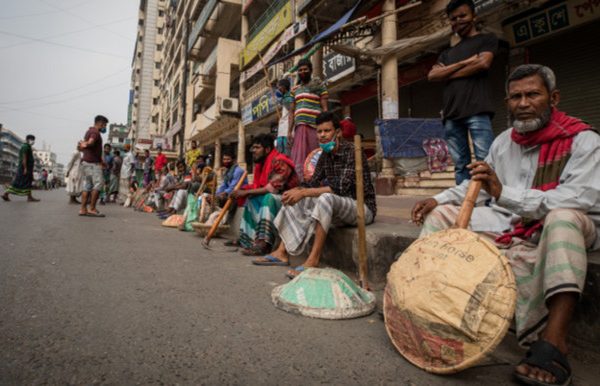
Staff Correspondent:
Nearly one in four people in Bangladesh – 24.05% of the population or approximately 39.77 million individuals – are living in multidimensional poverty, according to the country’s first-ever National Multidimensional Poverty Index (MPI) report.
The report was released on Thursday (July 31) by the General Economics Division (GED) of the Planning Commission.
Unlike traditional income-based poverty measures, the MPI captures deprivations across key dimensions such as education, health, and living standards, offering a more comprehensive picture of poverty.
Based on 2019 data, the report reveals stark rural-urban disparities – 26.96% of rural residents are multidimensionally poor, compared to 13.48% of urban residents.
However, gender differences in poverty are minimal, with MPI scores of 0.106 for male-headed households and 0.105 for female-headed households.
The report highlights significant regional disparities as well.
Sylhet Division records the highest poverty rate at 37.70%, while five districts – Bandarban, Cox’s Bazar, Sunamganj, Rangamati, and Bhola – report multidimensional poverty rates exceeding 40%.
Children are disproportionately affected, with 28.70% living in poverty, compared to 21.44% of adults.
These findings underscore the need for targeted, region-specific, and child-focused poverty alleviation strategies.
The report was formally launched at a dissemination seminar in Dhaka, marking Bangladesh’s efforts to broaden poverty assessment beyond income metrics.
Anisuzzaman Chowdhury, special assistant to the chief adviser, attended as chief guest. Monzur Hossain, member (secretary) of GED, presided over the event.
Economists Hossain Zillur Rahman, executive chairman of PPRC, and AK Enamul Haque, director general of BIDS, joined as discussants.
Other notable attendees included Aleya Akhter, secretary of the Statistics and Informatics Division (SID); Rana Flowers, Unicef representative to Bangladesh; and Edwin Koekkoek, first counsellor and acting head of Development Cooperation at the EU Delegation to Bangladesh.
The MPI was developed in collaboration with the Bangladesh Bureau of Statistics (BBS), Unicef, the Oxford Poverty and Human Development Initiative (OPHI), and other national and international partners.
In a written statement, Planning Adviser Wahiduddin Mahmud emphasised that the MPI framework enables more targeted and effective development interventions, aligned with Sustainable Development Goal 1 (No Poverty).
Anisuzzaman urged the integration of MPI findings into national policy and planning frameworks, calling for further research to better understand regional inequalities.
In his concluding remarks, Monzur Hossain reaffirmed GED’s commitment to regular MPI reporting and emphasised its value as a tool for policymakers, researchers, and development practitioners striving to build a more inclusive and equitable Bangladesh.


